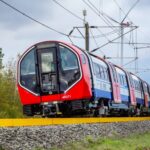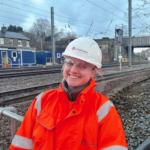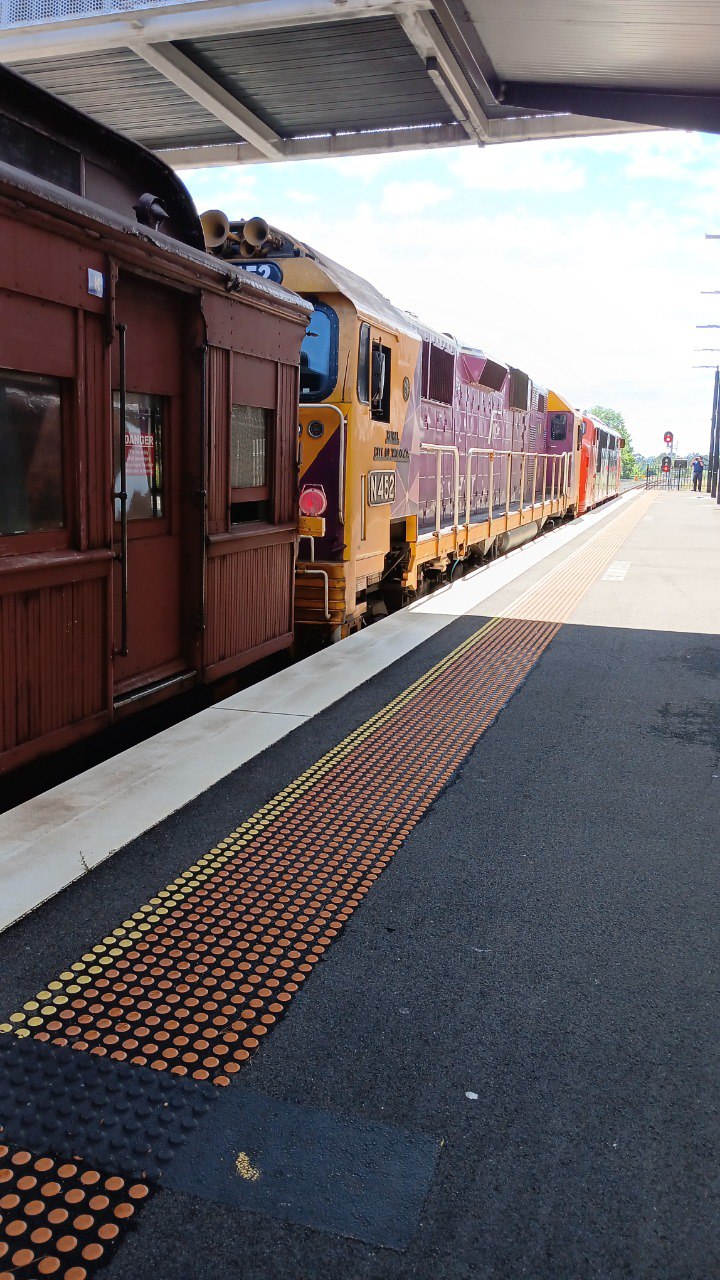Click here to listen to the latest rail news on Monday, 12th February 2024.
InTheNews: The latest rail news on Monday, 12th February 2024
Siemens Mobility has announced that its Goole factory, which is set to open in spring, will build 80 per cent of the Piccadilly Line’s new trains.
Its East Yorkshire factory was originally due to produce 50 per cent of trains for the London Underground line, BBC News reported.
The vehicles are scheduled to enter service in 2025. Siemens Mobility’s new factory is part of a £200 million rail village – plans for which were first unveiled in 2018.
Joint Chief Executive of Siemens Mobility, Sambit Banerjee, said that the increased order was “testament to the company’s manufacturing capabilities.”
Warwickshire World has shared timelapse footage that shows HS2 contractors removing a 4,000-tonne bridge over the M42.
The 52-hour demolition was carried out to make room for the new high speed line, which will run across the motorway near the new Interchange station in Solihull.
The work was undertaken by Solihull company Armac, acting on behalf of Balfour Beatty VINCI, HS2’s main works contractor in the region.
A landslide has caused travel disruption for commuters, blocking a stretch of railway between Coventry and Rugby.
According to an article on BBC News, Earth fell onto the tracks on Sunday 11 February, leading to train cancellations and diversions on routes between London Euston and Birmingham.
London Northwestern Railway has cancelled its services in the Midlands today (Monday 12 February), and rail replacement services have been introduced while engineers clear the landslide.
The disruption is likely to continue on Tuesday 13 February, with Avanti West Coast’s southbound services also affected.
The two operators have apologised to passengers for any inconvenience caused.
And finally, Network Rail has completed the final phase of a £7.8 million project to repair Birmingham New Street station’s concrete roof, Rail Advent reports.
During the project (which saw Network Rail undertake over 500 vital repairs), all 12 of the station’s platforms were closed intermittently. Two adjacent platforms were closed systematically for four-week periods, which ensured that repairs were delivered seamlessly.
According to Rail Advent, Network Rail collaborated with operating companies throughout the work, striving to minimise disruption.



